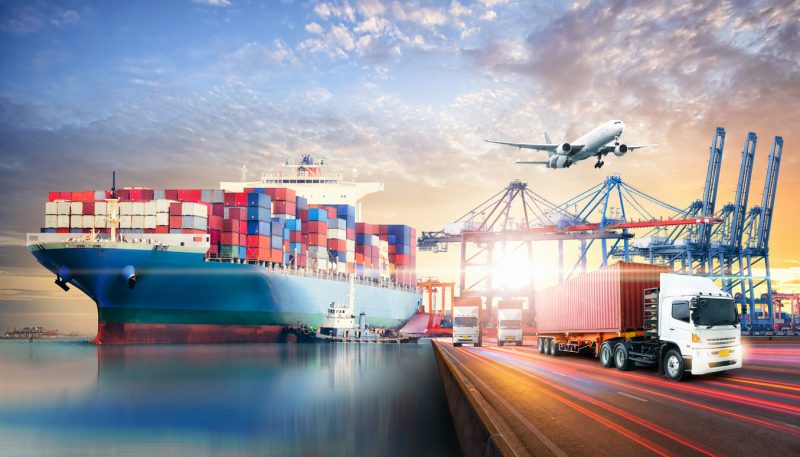
At this time last year, the world had come to a stand-still—streets were empty, lockdowns in place, and we were just beginning to get our arms wrapped around the impact of COVID-19. Few could have anticipated that staying at home would actually put more pressure on the global supply chain. Now, well into 2021, global trade has become more of a hot topic than it ever has been bringing to light the fragility of the supply chain and the challenges that lie ahead in our industry.
At M.E. Dey, a global view is always imperative for us when it comes to looking at the year ahead. Economies around the world are reopening at various speeds and even locking back down in the cases of Europe and India. These factors make the rest of this year almost as unpredictable as the Ever Given running aground in Suez. The port congestion we are seeing is an economic traffic jam. The ripple effect of a traffic jam takes time to recover and there is no exception to global trade. Here in the United States, the economy is reheating at a record rate and the demand for overseas goods isn’t slowing fueled by stimulus spending, factories in need of supplies, and the Peloton you ordered a whole two months ago.
Port of Los Angeles Director Gene Seroka said, “I have not witnessed a sustained import surge of this magnitude in all my years in the industry.” There is currently an average of 30 container ships stuck outside the Ports of Los Angeles and Long Beach waiting to dump their cargo. Some are saying the bottleneck might be the U.S. citing slow container offloading, jammed product warehouses, scarce availability on air/rail, and the lack of a 24/7 work environment like in parts of Asia. In addition, President Biden said in his March 31st infrastructure plan fact sheet, “Our ports and waterways need repair and reimagination.” While any of these may pose an issue, one weak link will always have an impact across the entire supply chain.
Outside of the U.S., delays caused by the Suez Canal blockage are actually forcing carriers to skip port calls. According to the South China Morning Post, “in Europe, carriers have begun skipping port calls to avoid congestion and loading only empty containers before heading back to Asia, where containers are in high demand for exports and business is most lucrative because of record freight rates.” Because of this, container capacity has been greatly reduced—ships aren’t stopping where they should be stopping, which includes picking up empties onshore.
So, we clearly realize that there is a slowdown. What does this mean for supply chains now and for the rest of this year? We can anticipate that global trade congestion will last through 2021 around the globe. One item to keep an eye out for is the start of the new contract year in May for annual freight negotiations, which could be priced significantly higher. On a lighter note, there may be some easing with the mass vaccine rollout and consumers willing to spend more on services rather than goods. That said, businesses should plan accordingly accounting for delays and higher freight rates due to container and space availability. M.E. Dey is working around the clock with our freight vendors shopping for the best rates for our clients. In addition, we have implemented new technology through our ediWebTracker allowing clients to keep track of their freight in real-time.
While the current port congestion around the globe is unprecedented and challenging, we hope it serves as an opportunity to assess the fragility of the global supply chain and work to improve efficiency in every corner of our industry.
Create networking & educational opportunities on a wide variety of international topics.
Discover MITA events